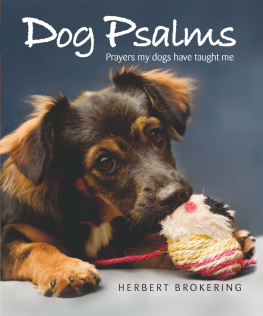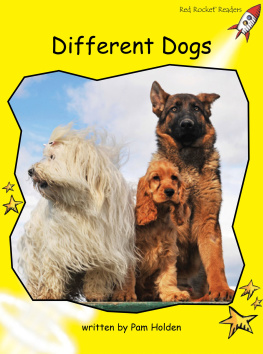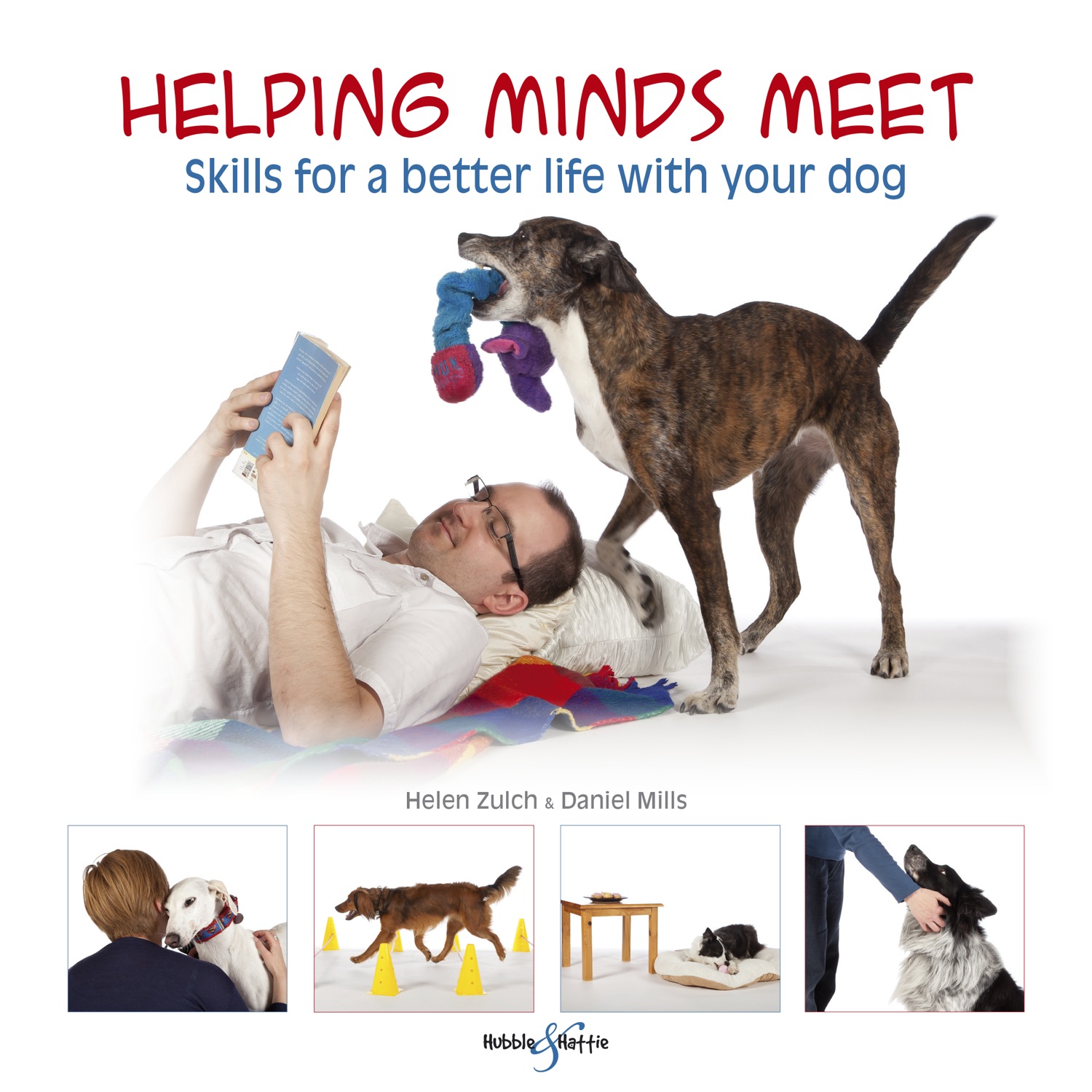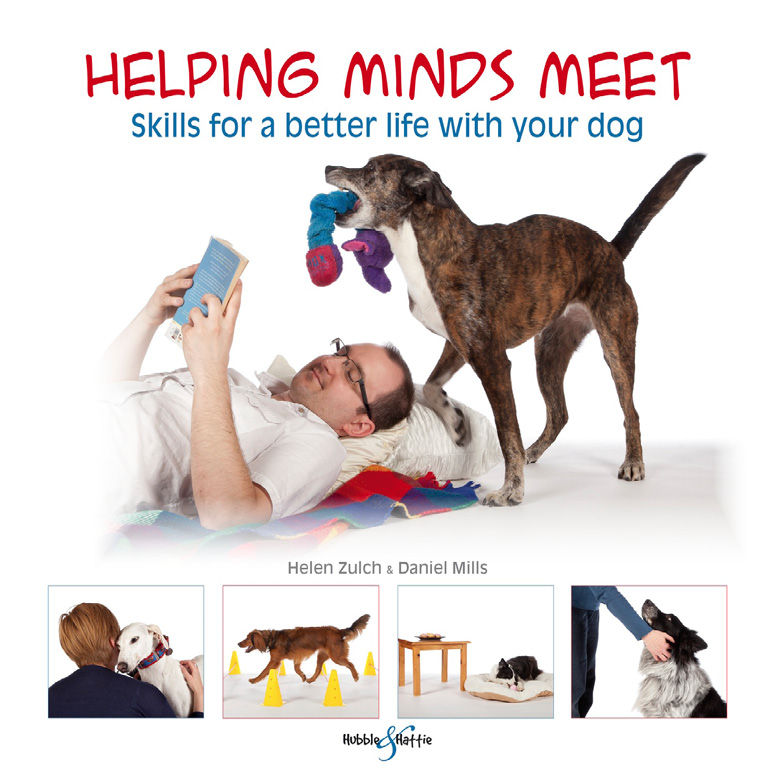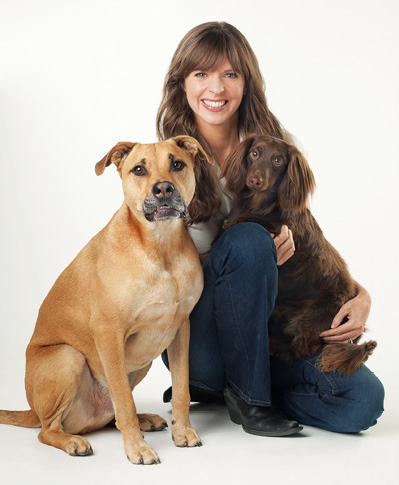First published in paperback format in July 2015
First published in eBook format in April 2016
Veloce Publishing Limited, Veloce House, Parkway Farm Business Park, Middle Farm Way, Poundbury, Dorchester, Dorset, DT1 3AR, England. Fax 01305 250479 e-mail .
Print ISBN: 978-1-845845-76-6
eBook ISBN: 978-1-845848-39-2
Helen Zulch, Daniel Mills, Peter Baumber & Veloce Publishing Ltd 2016. All rights reserved. With the exception of quoting brief passages for the purpose of review, no part of this publication may be recorded, reproduced or transmitted by any means, including photocopying, without the written permission of Veloce Publishing Ltd. Throughout this book logos, model names and designations, etc, have been used for the purposes of identification, illustration and decoration. Such names are the property of the trademark holder as this is not an official publication.
Readers with ideas for books about animals, or animal-related topics, are invited to write to the editorial director of Veloce Publishing at the above address. Typesetting, design and page make-up all by Veloce Publishing Ltd on Apple Mac. eBook code and design produced in-house by Veloce Publishing Ltd.
www.hubbleandhattie.com
The Hubble & Hattie imprint was launched in 2009 and is named in memory of two very special Westies owned by Veloces proprietors.
Since the first book, many more have been added to the list, all with the same underlying objective: to be of real benefit to the species they cover, at the same time promoting compassion, understanding and co-operation between all animals (including human ones!)
Hubble & Hattie is the home of a range of books that cover all-things animal, produced to the same high quality of content and presentation as our motoring books, and offering the same great value for money.
Disclaimer
Please note that no puppy was deliberately frightened during photographic sessions. The images used to depict puppies feeling worried about specific situations were taken whilst the puppies were exploring the novel environment of the studio setup. These images were later modified to enable us to illustrate the points we wished to make. Please also note that all body language is context-specific, and individual signals can mean different things in different contexts.
Contents
Foreword
by Victoria Stilwell
Todays domestic dogs stand alone in their ability to adapt, develop and enjoy complex and co-dependent relationships with us. As someone who has dedicated my life to making the world a better place for them, I am constantly amazed at their seemingly unending ability to amaze, surprise, challenge and enrich our lives.
My primary role as a dog trainer and behaviour expert is to help people build healthier bonds with their dogs, by better understanding how their dogs perceive the world around them. It has become rather a clich to say that trainers actually teach people more than they teach dogs, but it is somewhat true. While dogs do need to be given the tools to learn how to be successful in this domestic world weve created, the bulk of the problems I see as a trainer stem from issues that could have been avoided if people had access to really good advice. Knowledge is empowering, but with so much conflicting information in the dog world nowadays, it can be hard to know where to turn.
Thankfully in Helping Minds Meet , Helen Zulch and Daniel Mills provide the information and knowledge every dog lover needs to truly understand their dog, think about the relationship they have together, and recognise how their own behaviour can enhance the bond they share.
Dogs are not born with an innate awareness that chewing a slipper is bad, or urinating on a rug is wrong. As their caregivers, we have to be the ones to teach them what is appropriate, and guide them away from what is not. This is not achieved by shouting or administering harsh punishment, which only serves to increase stress and destabilise the bond between dogs and humans, but instead is accomplished by taking time to understand why the behaviour happened, and to work in a positive way to modify or change it.
Helping Minds Meet will not only help you teach your dog valuable life skills, it will also make you think about how your dog might perceive your own behaviour. So much of our human language, for example, gets lost in translation. We use gestures that can be perceived as threatening, even when that is not our intention. We tend to be confusing or have high expectations that our dogs cannot meet unless we give them the tools to do so first. Zulch and Mills help you manage those expectations by providing worksheets that make it easy for you to observe, record and think about what your dog needs. It is indeed rare that a book provides so much great information while also encouraging readers to take an active part in thinking how they might deliver it.
Dogs are intelligent, sentient beings who enjoy being with us while still retaining their unique dogdom. No matter how much we try to domesticate them, we must never forget that they are a highly evolved species which still retains the traits and characteristics of a predator, whose basic need for safety is paramount. Dogs do not come into our homes wanting to be pack leader, as some people might have you believe, but they will naturally gravitate towards something that makes them feel good, and protect themselves or things that are important for their safety and survival if needs be. This can sometimes manifest itself in behaviours that do not fit well into our human world. A support system is therefore needed to help with these problems should they arise, or even prevent them occurring in the first place.
Helping Minds Meet is more than just a book it is a vital resource that will guide you through the intricacies of canine language and behaviour, and help you create a harmonious relationship based on consistency and trust. Teaching dogs to be successful in a domestic world is not about domination or intimidation; it is about cooperation, motivation, encouragement, confidence, and having fun. This is the recipe that ensures a successful human/canine partnership ... and a happy life together.
Dedication Acknowledgements Introduction
Dedication
To our parents and partners in life, who have taught us many of the lessons in this book through the love they have shown us.
Thank you.
Acknowledgements
We are extremely grateful to all of the dogs and their owners who participated in the photo shoots for this book. It takes time and dedication to get the right image, but we believe that they enjoyed the process as much as we did. We hope their involvement has helped this book to connect with dog-owners everywhere.
Introduction
Our relationship with dogs has a long and varied history. However, despite his adaptability and seemingly endless willingness to try to please, the dog remains in many ways essentially the same creature domesticated thousands of years ago. In contrast, our beliefs about dogs, and our attitudes towards them have shifted, and as we integrate dogs further as members of the family, we can easily lose sight of fundamental differences between us. These differences can enrich us, but also frustrate us if we do not pause and think about things from our dogs perspective.


